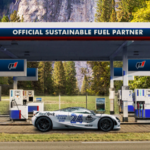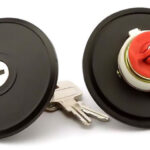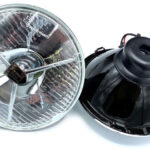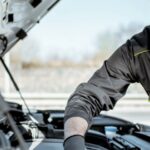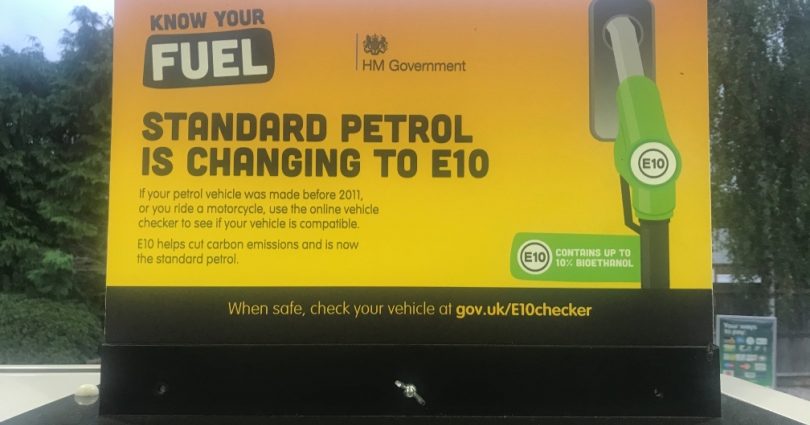Hagerty research suggests half of Britain’s drivers don’t know how to check whether their car is compatible with E10 fuel – despite more than three quarters of them being worried that the new unleaded petrol could harm their car or motorcycle.
Adding to these concerns, a Government tool designed to help motorists know if E10 is safe to use could mislead drivers to damage their classic vehicle.
In a survey of 699 drivers, Hagerty found that 49 per cent did not know how to check that E10 was safe to use with their vehicle and 78 per cent said they were worried about its introduction. The main fears related to the fact E10 fuel could cause damage to engines, fuel lines, petrol tanks, seals, and carburettors.
E10 is being introduced to help combat air pollution and CO2 levels in the atmosphere as it relies on a higher bioethanol blend. Bioethanol is a renewable, not a fossil fuel, and its 10 per cent bioethanol blend is claimed to be a cleaner way to fuel petrol engines.
To help educate motorists an advertising campaign has started, and the Government has added an E10 checker to its website. But as Hagerty’s research shows, drivers must proceed with caution, and owners of classic cars would be well advised to consult marque specialists for advice on compatibility.
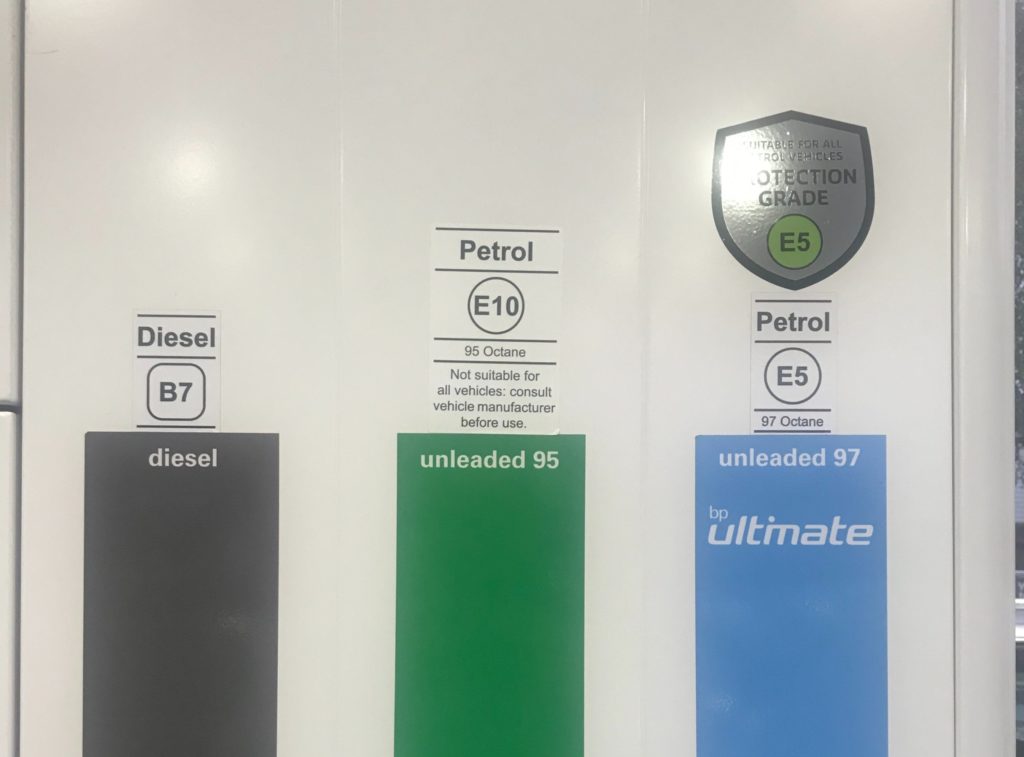
A Hagerty investigation has found that the Gov.uk website suggests nearly all Audi models and all BMW and Vauxhall models regardless of their age would be compatible with the new type of unleaded petrol, when in fact they could be damaged by using it. Older Volkswagens, made before 2001 and 2002, are also listed as being safe to use with E10
Owners of other makes, including MG, Maserati and Lamborghini, are offered no guidance other than to contact a dealer.
In some cases, the advice is simple – for Jaguars, for example, E10 can be used in cars built after 1992. Meanwhile, Citroen and DS Automobiles cars built after January 1, 2000 are safe to use the new blend, while others such as Fiat advise E10 is compatible on cars built to Euro 3 emissions standards.
For Mercedes owners, the website assures them the ‘vast majority of all Mercedes-Benz vehicles with petrol engines’ are compatible with E10, apart from W203 and C209 cars using the first-generation direct injection engines, models ‘not equipped with three-way catalysts’, and cars ‘retrofitted with three-way catalysts or produced with a carburettor’.
The waters are muddier for other owners, however. The Government’s advice is that all Vauxhall petrol engines, except the Z22YH 2.2-litre direct injection petrol as used in the Vectra, Signum and Zafira can use E10 which, considering the number of petrol engines Vauxhall has built in its 100-year history seems unlikely.
New cars including most modern classics and many classic cars can happily run on the outgoing forecourt standard called E5. A switch to more ethanol rich E10 could cause plastic, rubber, and fibreglass components to perish more quickly, potentially leading to corroded fuel tanks, blocked injectors and degraded fuel hoses and seals. These problems can not only be costly to fix but also be a significant danger to a car’s safe operation.
The RAC suggests some 600,000 car owners could be affected by the new blend and says cars built before 2002 should stick to E5 (which will gradually be phased out on forecourts over the next five years). Owners of older cars will have to pay a premium – typically around 12 pence per litre – to use super unleaded.
A Department for Transport spokesperson told Hagerty: “The information in each case is based on manufacturer statements listed via ACEA (European Automobile Manufacturers’ Association).“
A disclaimer on the fuel checker site says: ‘The information is subject to change, and we cannot guarantee its accuracy. If your vehicle is fitted with replacement parts this will also affect its accuracy. DfT and its partners will not be liable for any damage to your vehicle as a result of you using this service.’
James Mills, Hagerty UK Editor, added “It is clear from our investigation that awareness of compatibility of E10 fuel for older and classic cars is poor amongst the drivers Hagerty surveyed, and what information is provided by the Department for Transport is not robust enough and could prove misleading. Using E10 fuel in a vehicle that was not engineered for it could lead to damage in the long term. More needs to be done to ensure motorists are fully informed.“
Click here to read our comprehensive guide to the new fuel.



